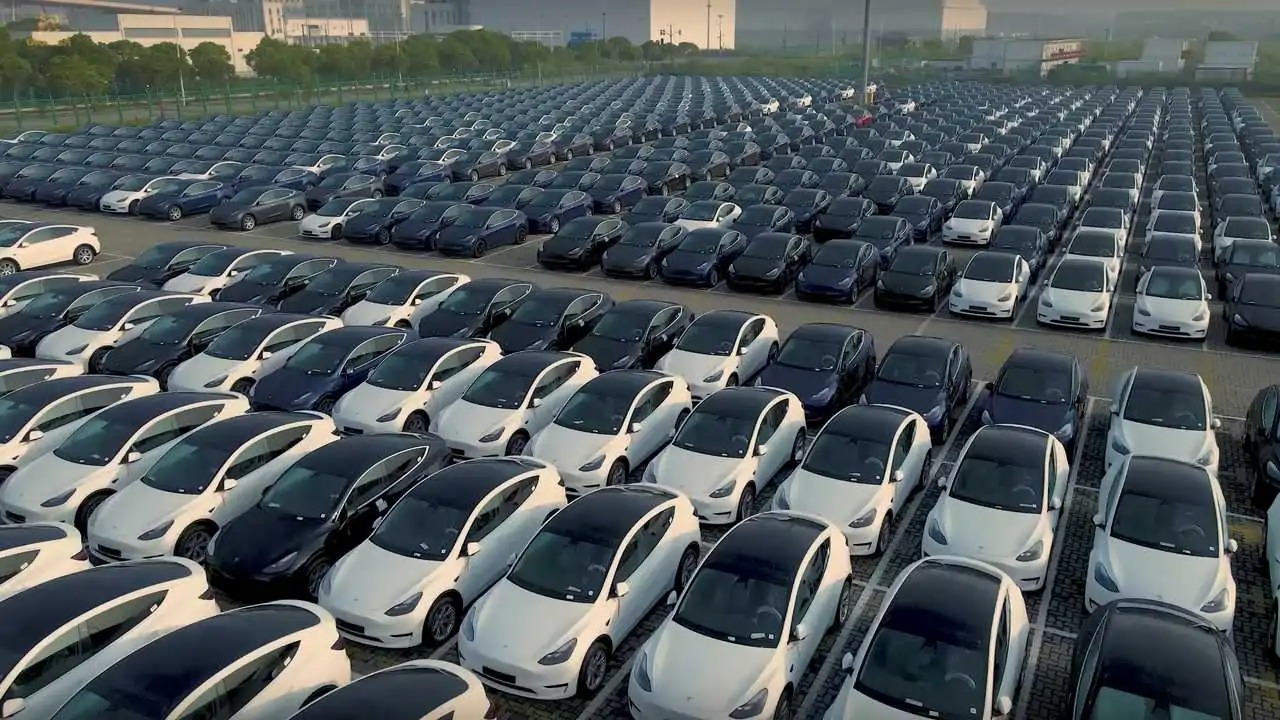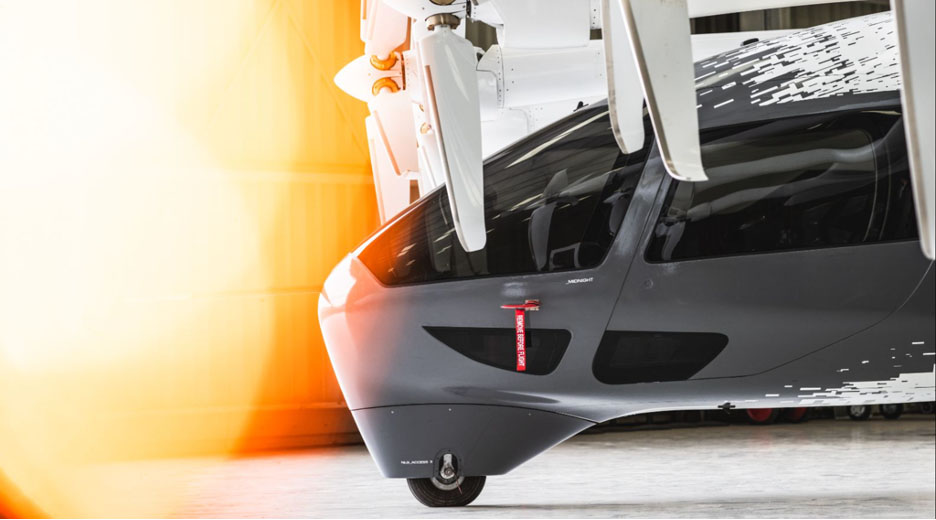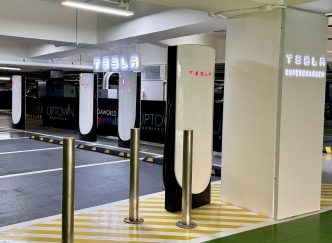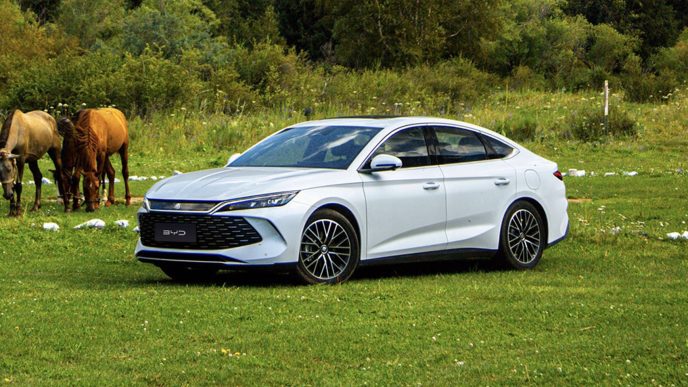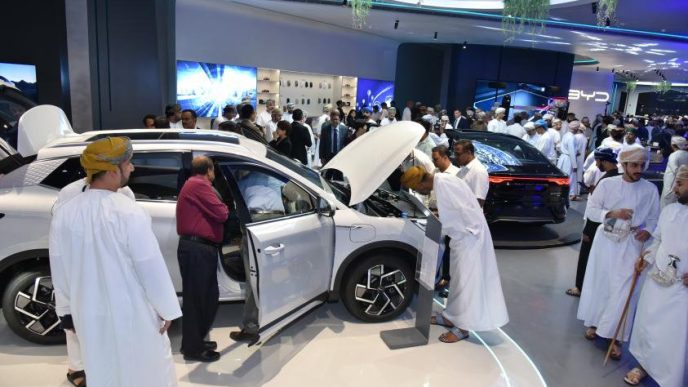The global electric vehicle (EV) market continues its upward trajectory, achieving a new milestone in November 2024 with 1.8 million units sold—marking the third consecutive month of record-breaking sales. This brings the year-to-date total to an impressive 15.2 million units, a 25% increase compared to the same period in 2023, according to market research firm Rho Motion.
China remains the indisputable leader, accounting for nearly 70% of November’s global EV sales. The country reported an extraordinary 1.3 million units sold during the month, driven by rising demand for models from automakers such as Geely, Tesla, and Changan. China’s aggressive policies promoting electrification have fueled a 40% year-over-year surge in EV sales, totaling 9.7 million units sold between January and November 2024.
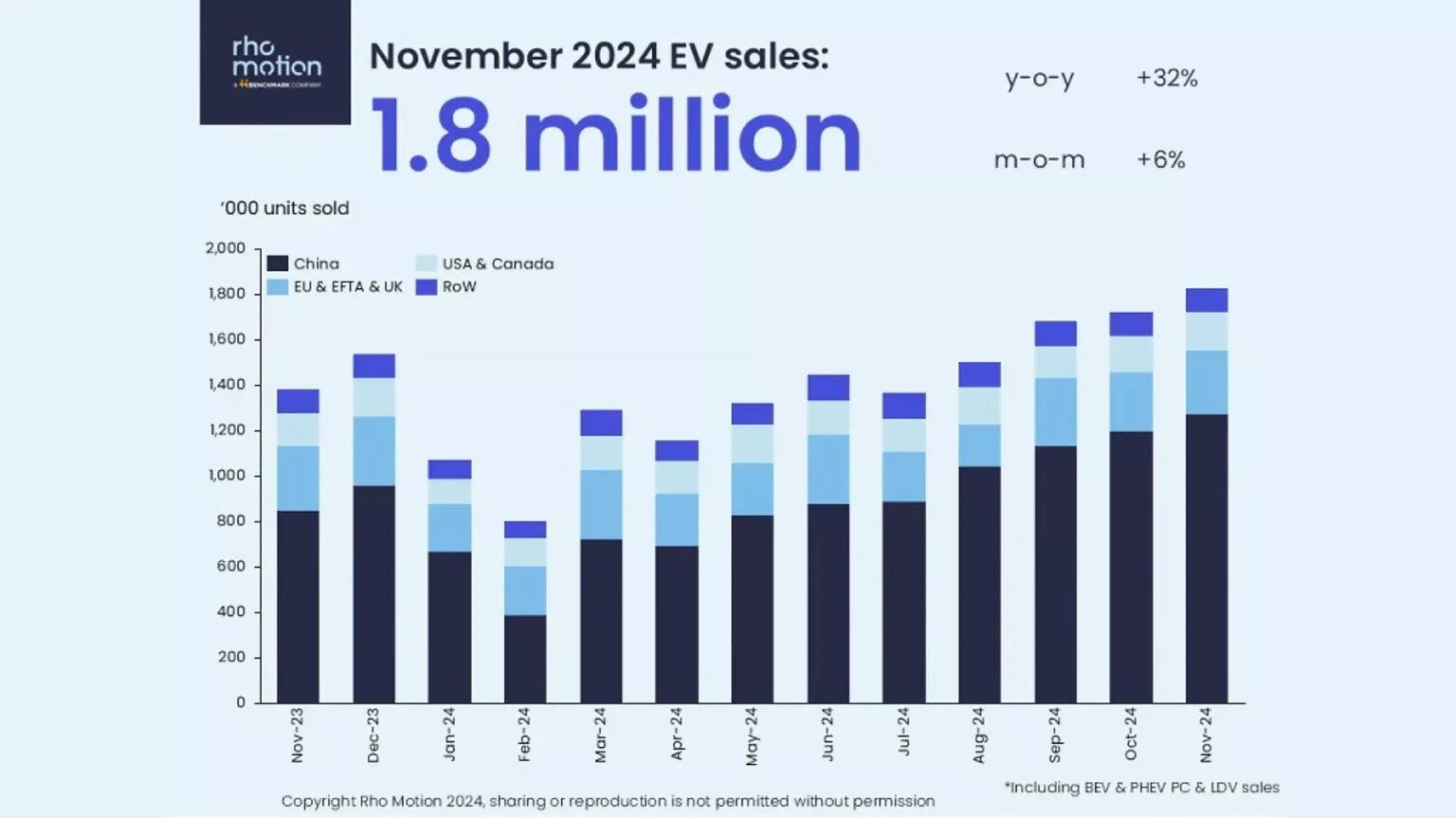
Outside China, the EV landscape presents a mixed picture. The European Union, EFTA, and the UK reported a 3% decline in sales, totaling 2.7 million units year-to-date. Key markets like Germany, France, and Italy are experiencing slowdowns, though the UK bucked the trend with a 17% sales increase in 2024, attributed to stronger demand in the latter half of the year. However, uncertainties loom as the UK government deliberates potential rollbacks on its EV mandate.
Meanwhile, North America has shown resilience, with the US and Canada posting a 10% increase in year-to-date EV sales, reaching 1.6 million units. Analysts anticipate a year-end surge in US EV purchases as consumers rush to take advantage of Biden-era tax credits ahead of potential changes under the newly elected Trump administration.
Charles Lester, Data Manager at Rho Motion, observed: “This quarter has picked up significantly for EV sales globally as we see record-breaking month after record-breaking month. However, the regional picture is somewhat uneven with Europe shrinking 3% this year so far, and once more China accounts for over two-thirds of the electric vehicles sold in November.”
With projections for continued growth, the global EV market’s momentum underscores shifting consumer preferences and the strategic importance of electrification for automakers worldwide.

